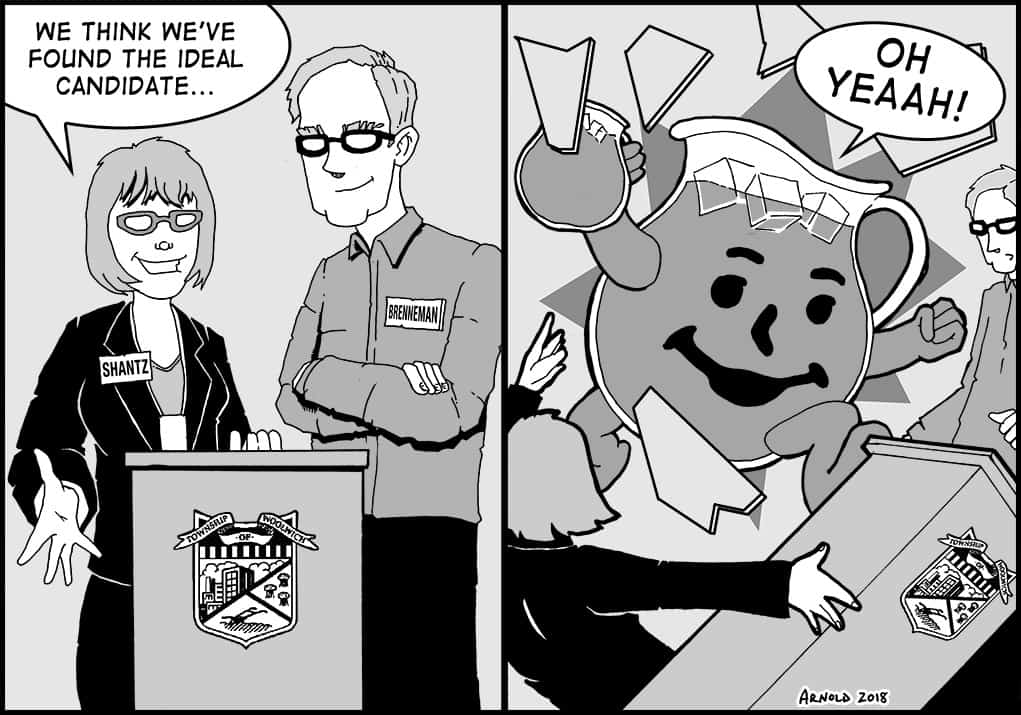;
;
;
Next Article
View From Here – January 25, 2018

The resignation of Woolwich councillor Scott Hahn leaves the township looking to fill the vacancy. It’s not a commonplace situation here, so there’s been some scrambling involved. Eventually, council will have to decide on a format to put someone in the Ward 1 seat. With a general election set for t
Last updated on May 03, 23
Posted on Jan 25, 18
2 min read
